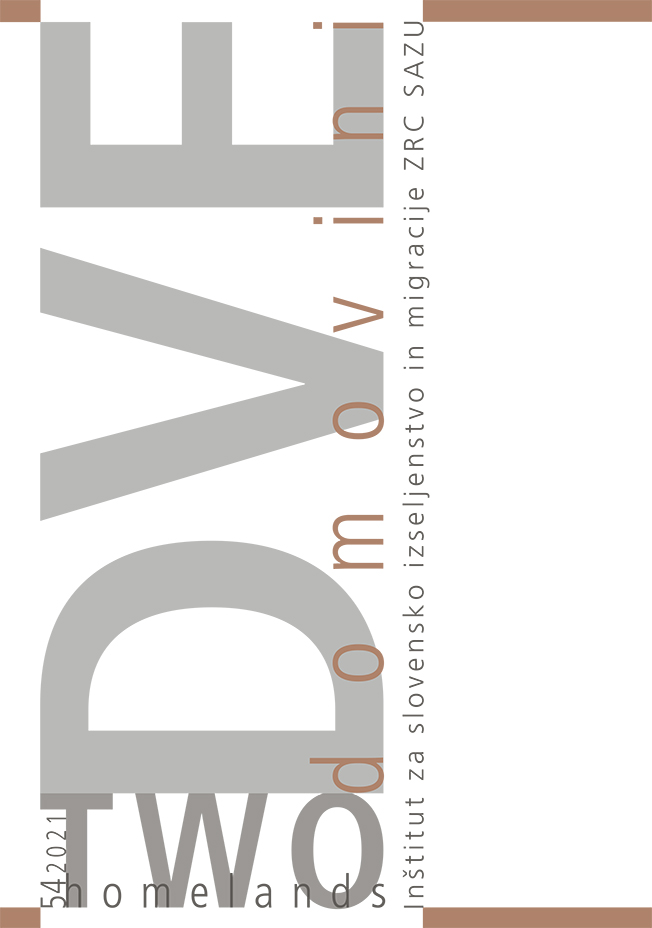The Coronavirus Crisis and Migration: Inequalities, Discrimination, Resistance
DOI:
https://doi.org/10.3986/dd.2021.2.01Abstract
Deriving from multiple ecological-social causes, the novel coronavirus and, subsequently, the COVID-19 pandemic, has affected all spheres of societies of the world. The COVID-19 pandemic has triggered and amplified an economic crisis that existed before the health crisis. The combination of the two crises into a double “ecological-healthcare” and “socio-economic” crisis has had multiple consequences for everyone on the economic, social, political, and cultural level; however, it has affected social classes, workers, genders, and territories in different ways, deepening social inequalities and worsening the social conditions of disadvantaged social groups: among the most affected social groups, we find migrants.
Downloads
References
Barrett, Philip, Chen, Sophia (2021). Social Repercussions of Pandemics. IMF Working Paper, https://www.imf.org/en/Publications/WP/Issues/2021/01/29/Social-Repercussions-of-Pandemics-50041 (13 Apr. 2021).
Saadi Sedik, Tahsin, Xu, Rui (2020). A Vicious Cycle: How Pandemics Lead to Economic Despair and Social Unrest. IMF Working Paper, https://www.imf.org/en/Publications/WP/Issues/2020/10/16/A-Vicious-Cycle-How-Pandemics%20Lead-to-Economic-Despair-and-Social-Unrest-49806 (29 Mar. 2021).
Snowden, Frank (2021). Epidemics and Society. From the Black Death to the Present. Yale: Yale University Press.
Downloads
Published
How to Cite
Issue
Section
License

This work is licensed under a Creative Commons Attribution-NonCommercial-NoDerivatives 4.0 International License.
Authors guarantee that the work is their own original creation and does not infringe any statutory or common-law copyright or any proprietary right of any third party. In case of claims by third parties, authors commit their self to defend the interests of the publisher, and shall cover any potential costs.
More in: Submission chapter





